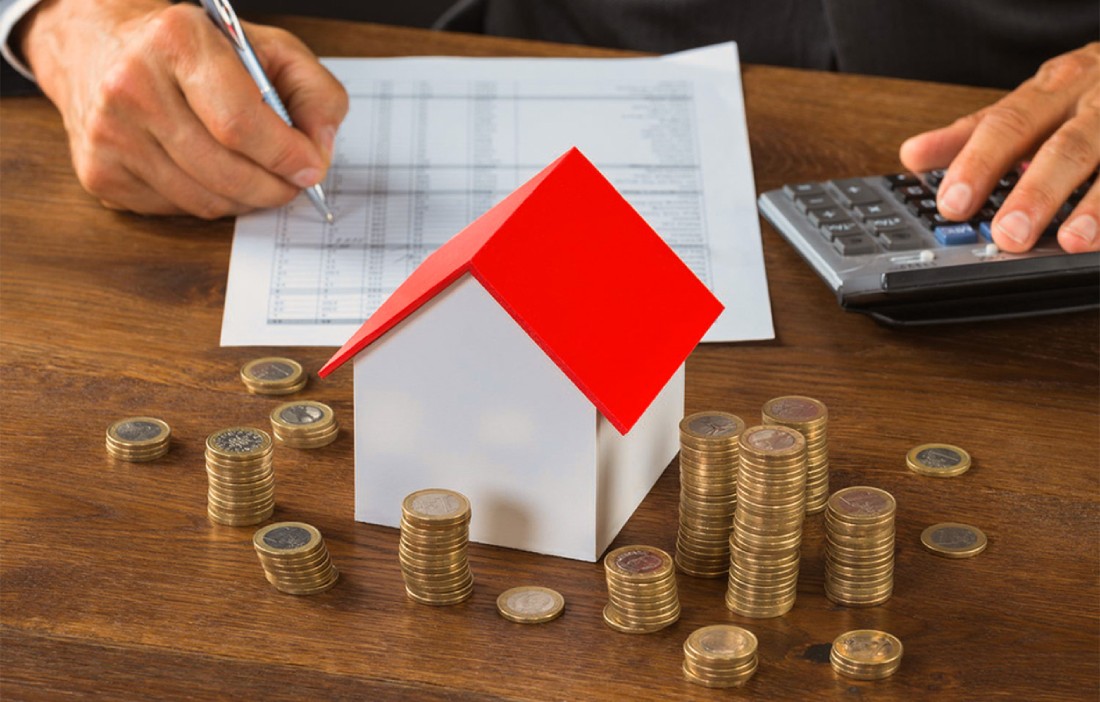No matter how much research you put into choosing a property, the importance of getting your hands on every bit of information regarding the legal obligations associated with the purchase is not to be overlooked. Stamp Duty is perhaps the most important of these obligations to take care of during the purchase process. The reason being that for every document that involves the transfer of a right, liability, title, interest, and so on, one needs to pay Stamp Duty.
Here are the top 7 things to know about Stamp Duty in the course of purchasing a house.
What is Stamp Duty?
Stamp Duty is a tax levied by the government on a number of transactions. In a property transaction, Stamp Duty is proof of the transaction that took place between the buyer and seller. It is paid according to Section 3 of the Indian Stamp Act, 1899, which is very crucial to the execution of a document. It must be paid on documents, such as Sales Deed, Exchange Deeds, Mortgage Deeds, Settlement Deeds, Gift Deeds, Power of Attorney, License Agreements, and so on.
Stamp Duty varies from state to state as it is fixed by the State Government. For example, if you are planning on buying a house in Chennai, your Stamp Duty rate will be 7% of the property value whereas, in Hyderabad, it will be 4 % of the property value.
Factors That Determine Stamp Duty Charges in Property Transaction
- The type of property (independent house or not)
- The usage of the property (residential or commercial)
- Location of the property
- Age of the owner (some states give concessions to senior citizens)
- The gender of the owner (some states offer concessions to women owners)
- Age of the property (old or new)
Who Should Pay Stamp Duty While Registering the Property?
The buyer is responsible to pay Stamp Duty while registering the property by following the registration charges fixed by the state government. The legal documents involved in a transaction that prove the buyer’s ownership become functional only with the payment of Stamp Duty. Even in the case of disputes, these documents will serve as proof of his or her ownership.
How is Stamp Duty Paid?
Stamp Duty is paid fully with respect to the value of the stamp paper at the time of registration. It can be paid online and offline through one of these methods:
- The most common way is to buy a Non-Judicial Stamp Paper on which the Property Registration Agreement is printed. The value of the Stamp Paper will match the value of the Stamp Duty a buyer is supposed to pay.
- The buyer can also pay online through E-Stamping.
- Lastly, the buyer can pay Stamp Duty through a process called Franking; a process where after paying the Stamp Duty, the homebuyer goes to a Franking agent who will stamp the property documents.
How are Stamp Duty and Registration Rates calculated?
For the purpose of easy understanding, let us look at an example to understand the calculation of Stamp Duty and Registration rates with an example.
Let us assume that a plot in an urban area in Chennai costs Rs. 10,000 per square feet as per Greater Chennai Corporation. As a result, properties sold in Chennai cannot be sold for less than Rs 10,000 per square feet. However, it could be sold at a higher rate according to the Stamp Duty and Registration rates of the area.
Now, if a person would like to purchase a property of 500 square feet at Rs.10,000 per square feet. Therefore, the minimal value of the property is 500 times 10,000, which is equal to Rs 50,00,000.
Applying the Stamp Duty Charges of Chennai (7% of the property value), the Stamp Duty rate is equal to 7% of Rs 50 Lakh. This is equal to Rs 3,50,000.
Now, applying the Registration Charges of Chennai (1% of the property value), the Registration rate is equal to 1% of Rs 50 Lakh. This is equal to Rs 50,000.
Therefore the buyer has to pay a Stamp Duty + Registration Charge of Rupees 4 Lakhs in addition to the Rupees 50 Lakh value of the property.
What are the Consequences of Non-Payment of Stamp Duty?
Stamp Duty is a one-time charge that affects the validity of your transactions. Failure in making this payment will not hold your documents as the legal evidence of your ownership. Stamp Duty should also be paid on or before the date of registration, a failure of which attracts a penalty of a certain percentage every month (2%) or can even lead to imprisonment.
What are the Stamp Duty Rates and Property Registration Rates in Various Cities?
Charges for Stamp Duty on Property Registration is fixed by the State Government and differs from state to state. Factors like the type of property, age, and gender of the owner, location and intended usage of the property influence the value of the stamp duty.
The following are the stamp duty rates and property registration rates in some of the cities in India:












